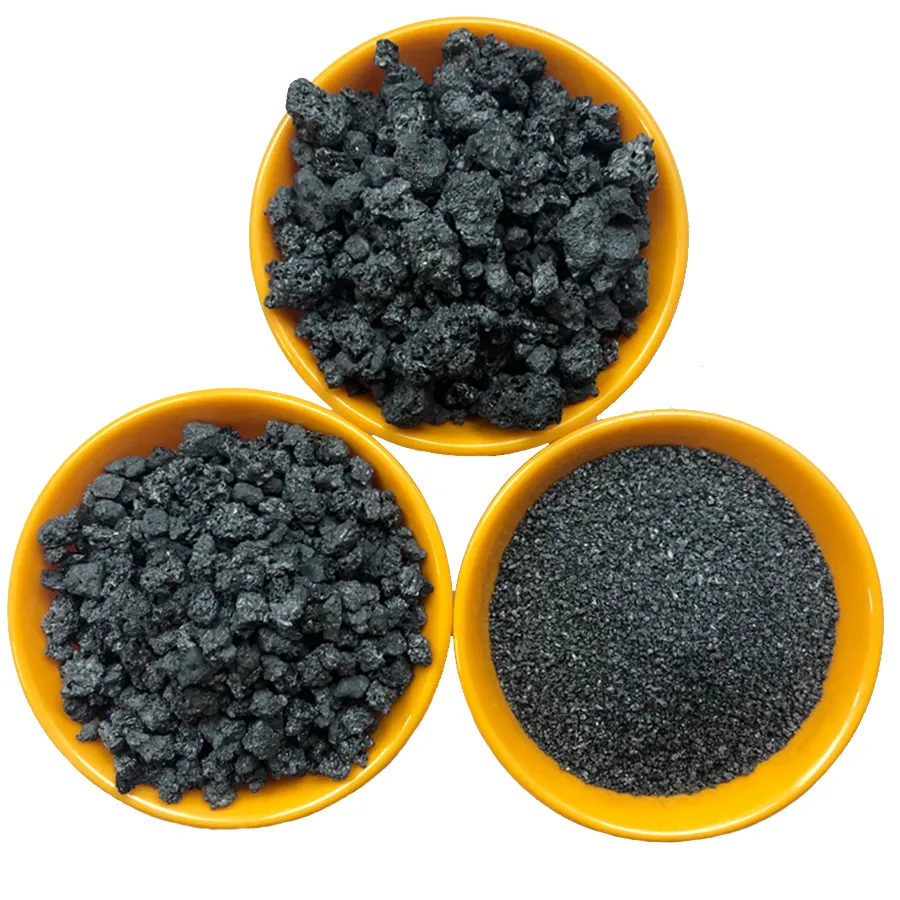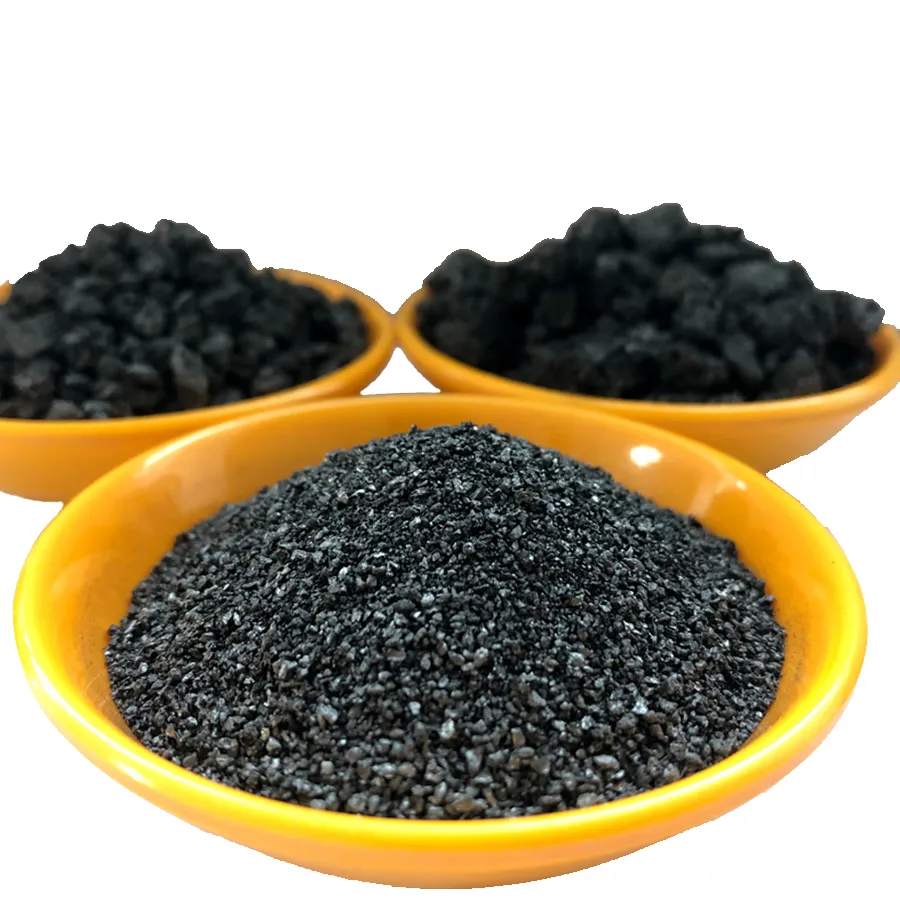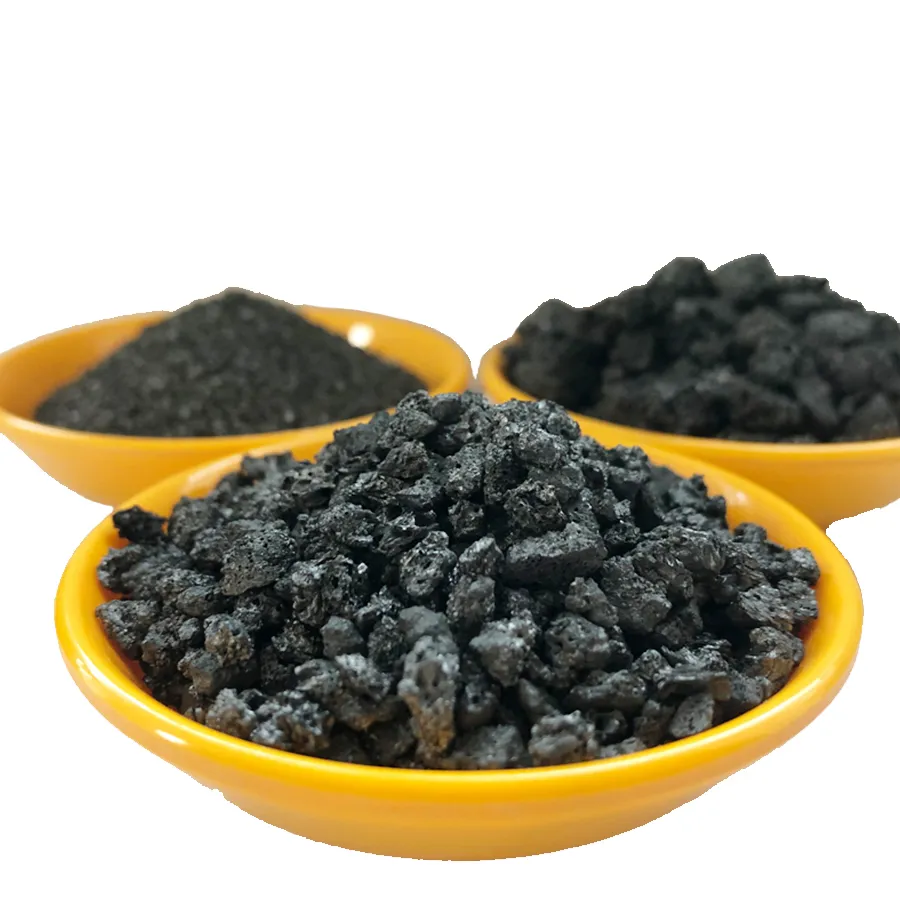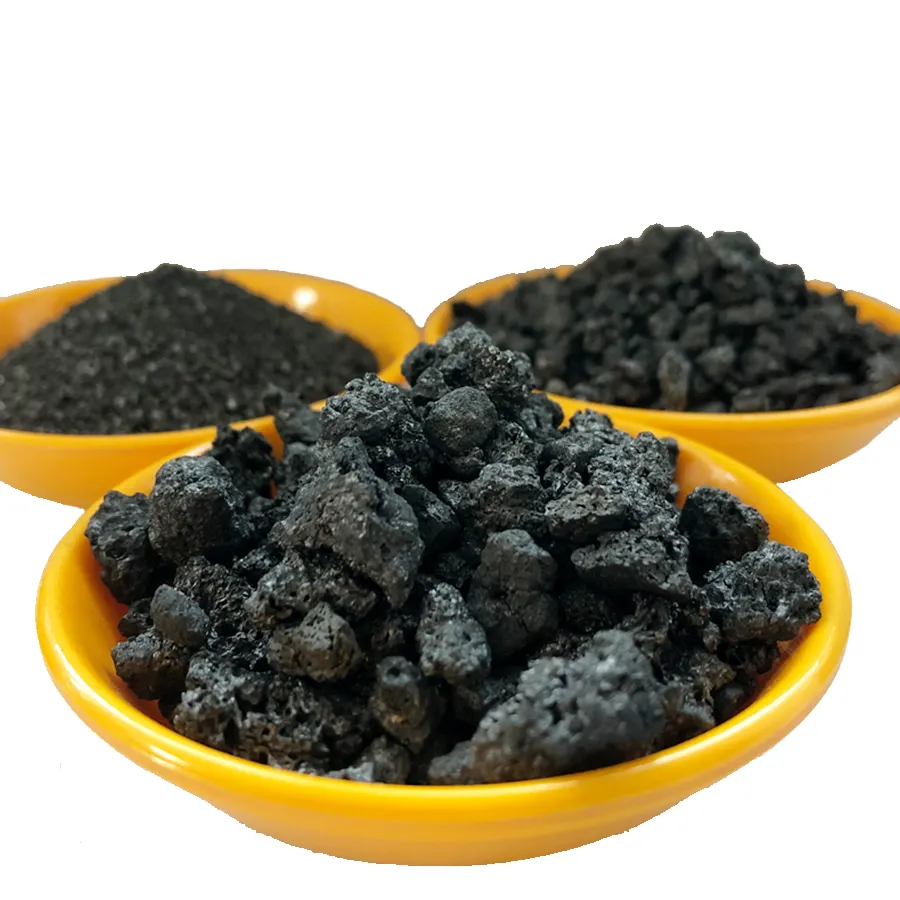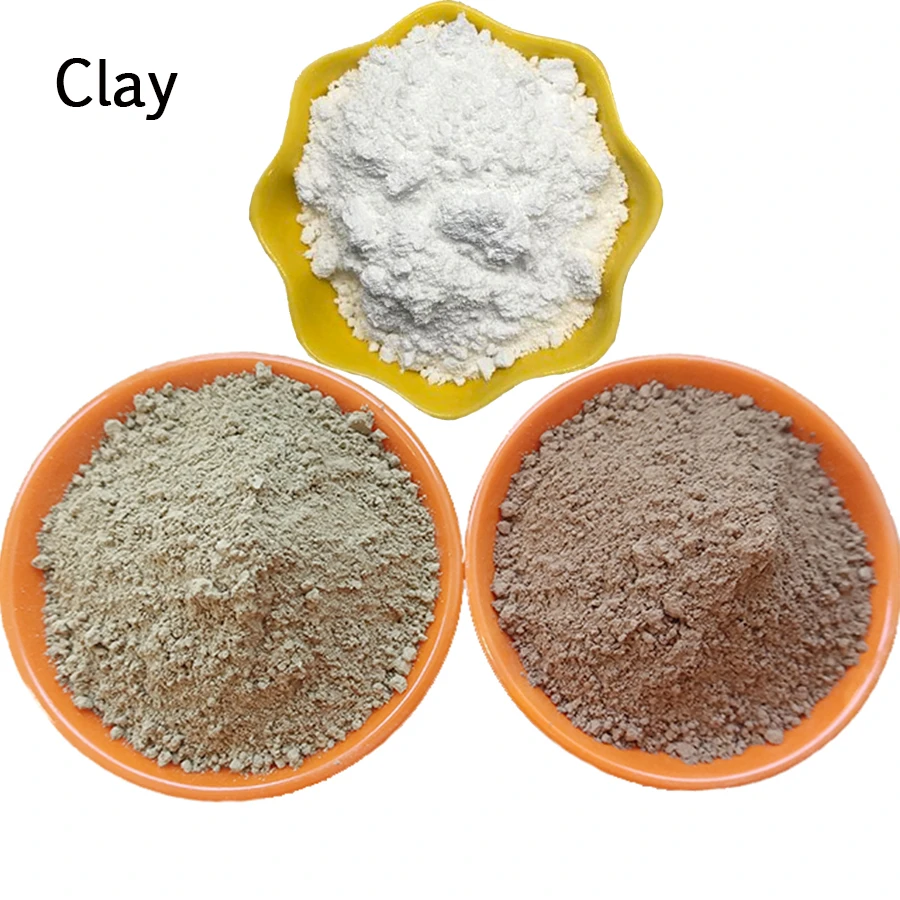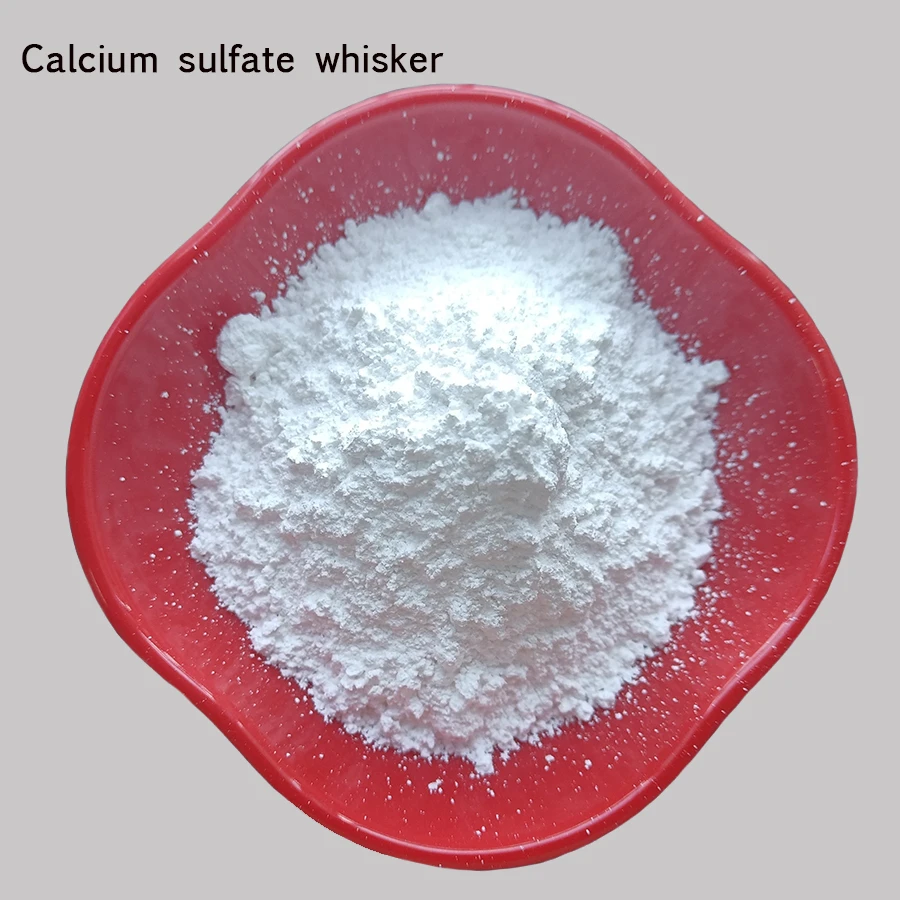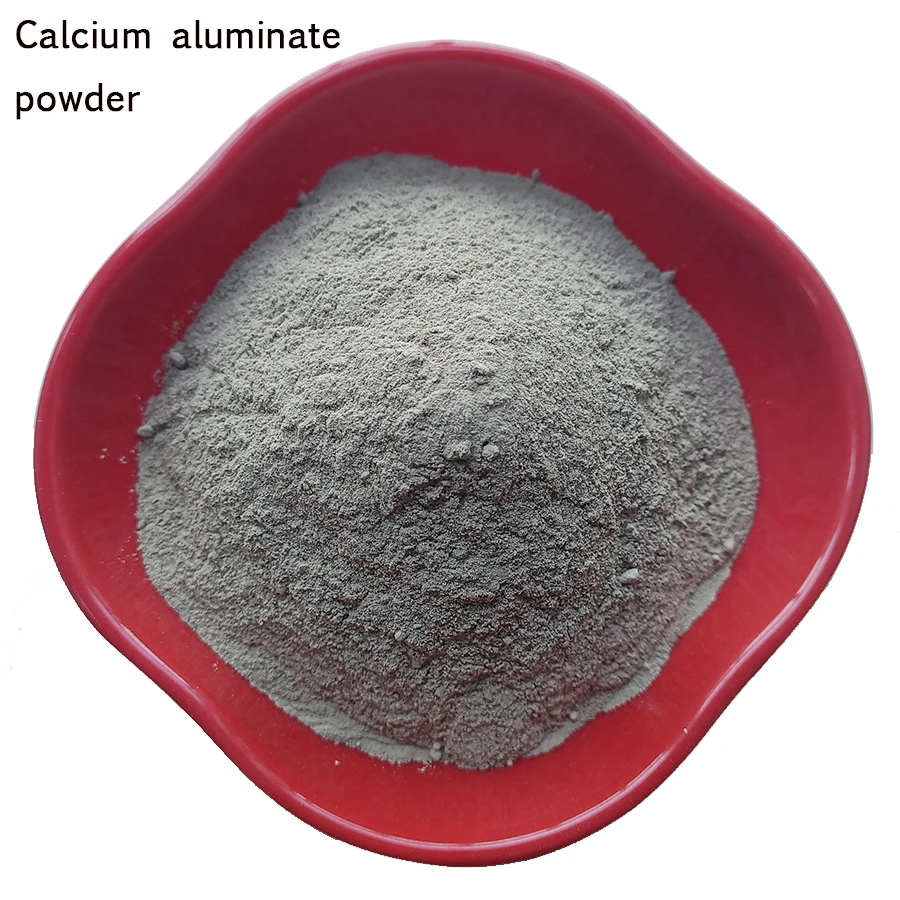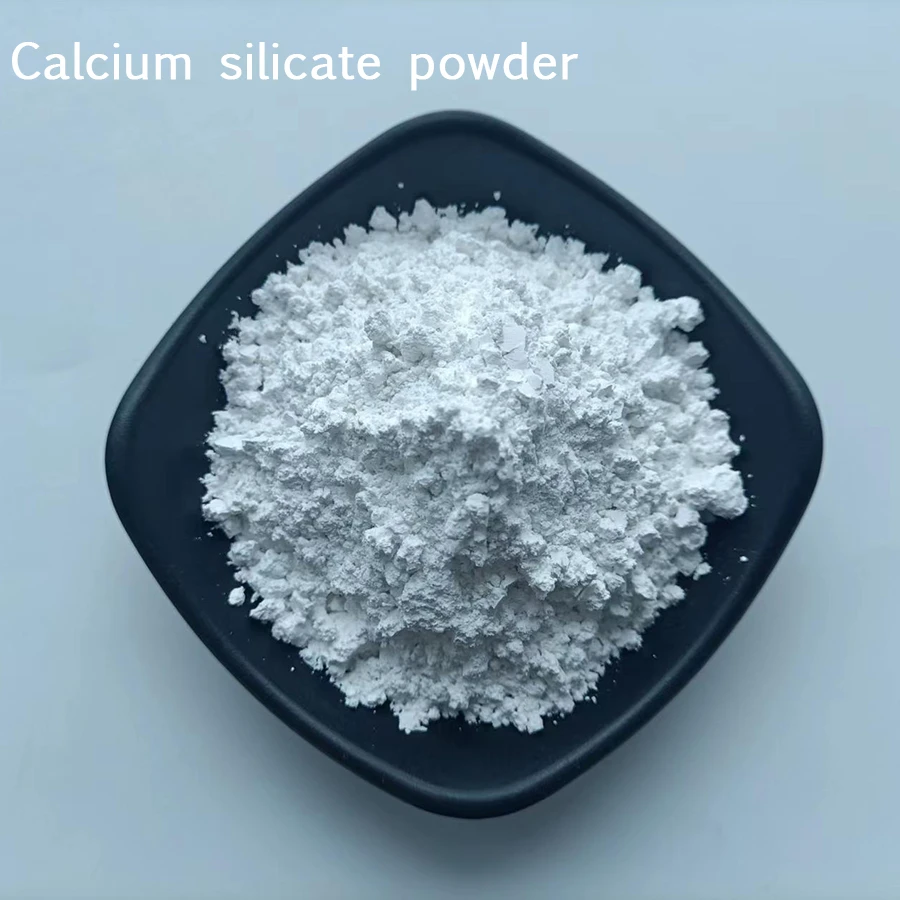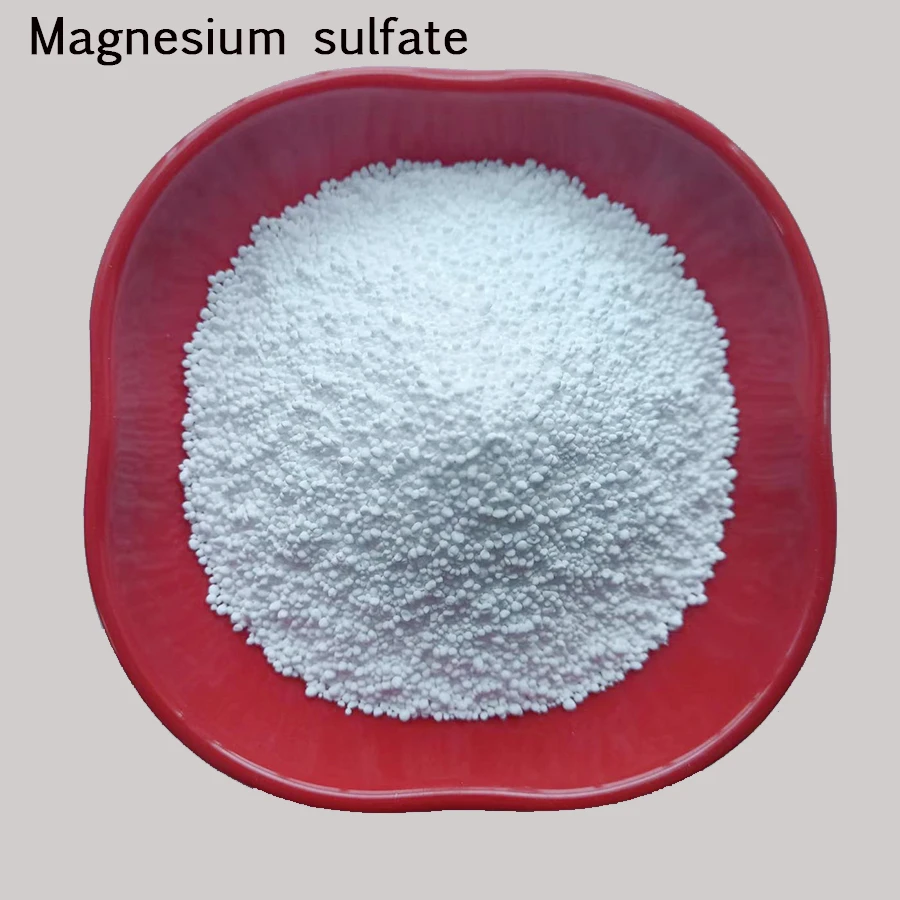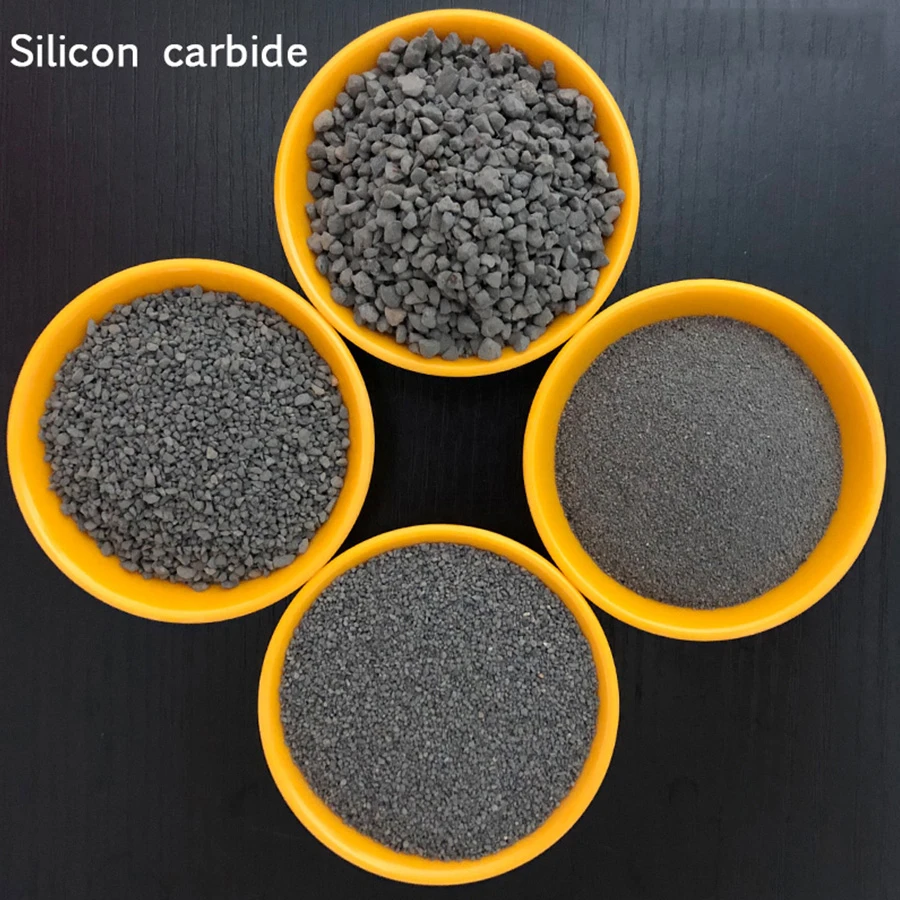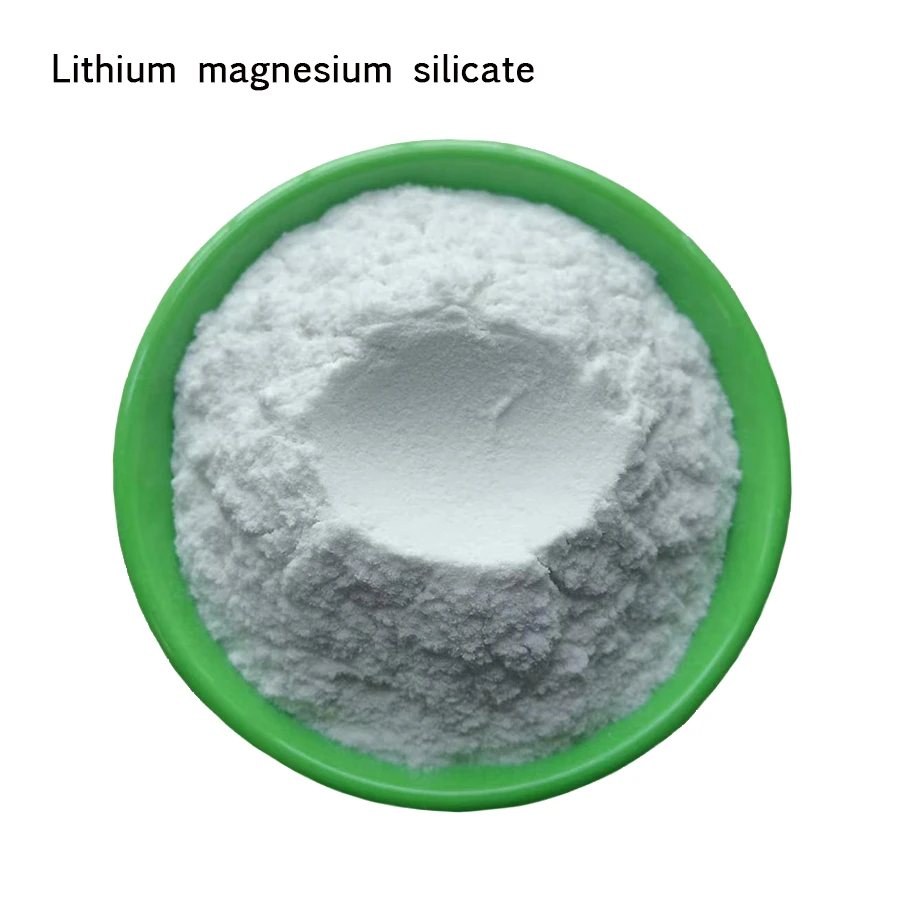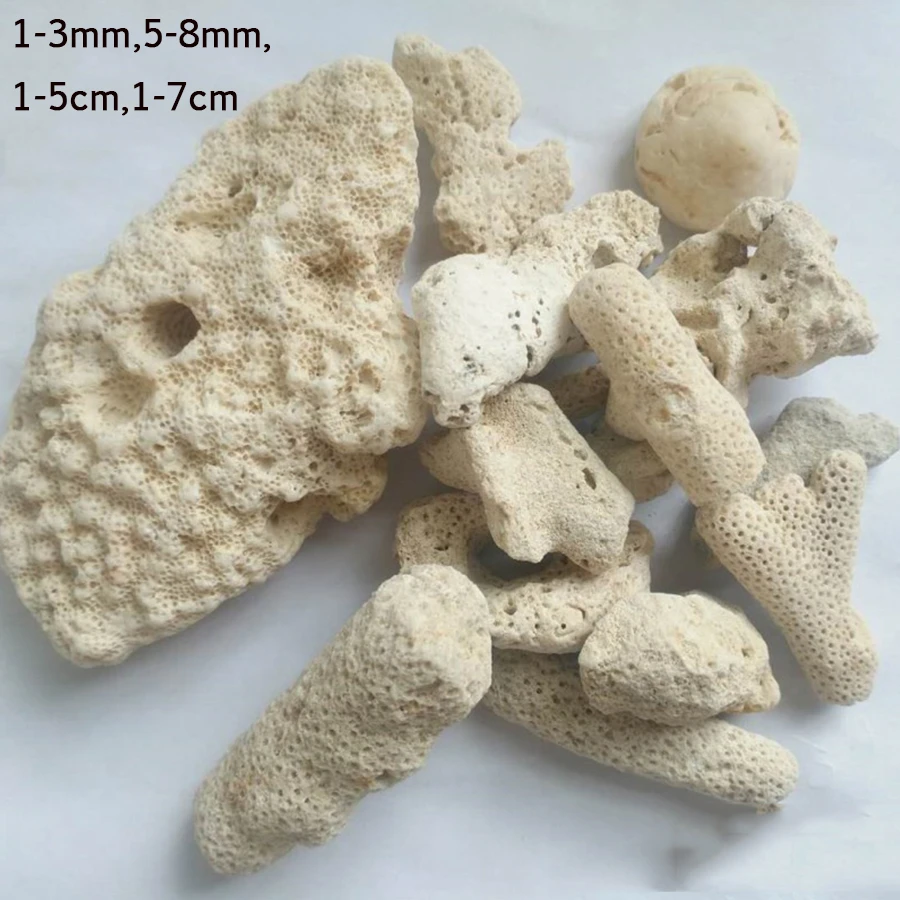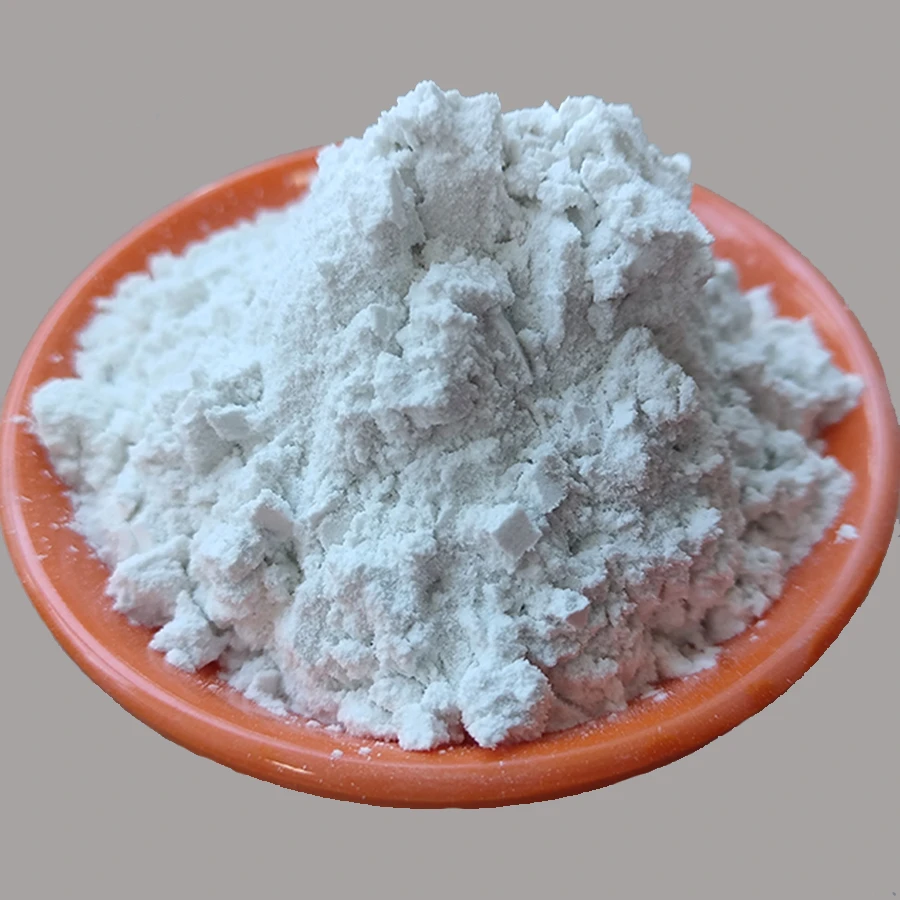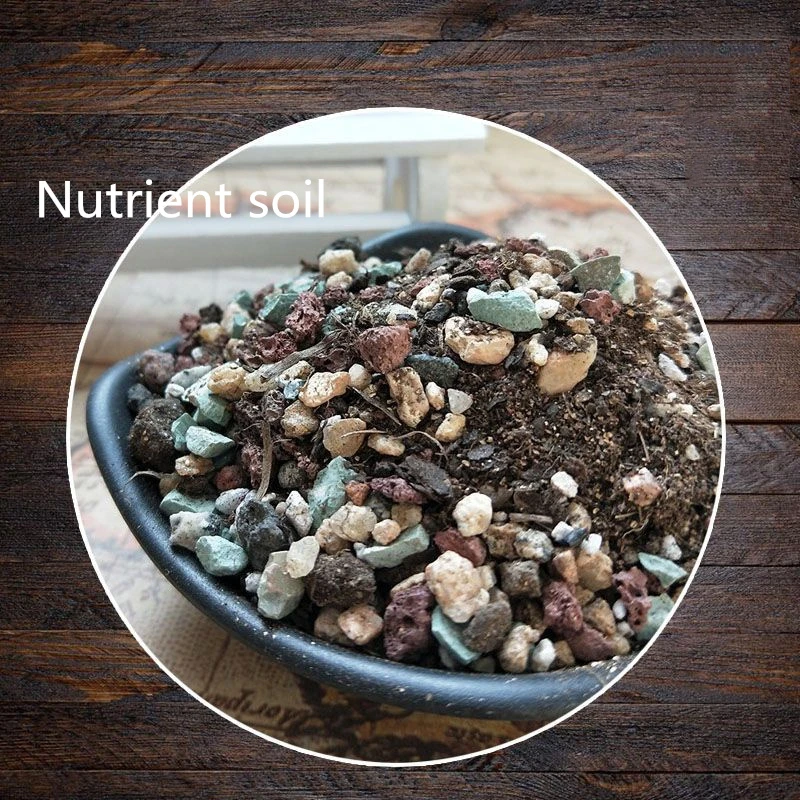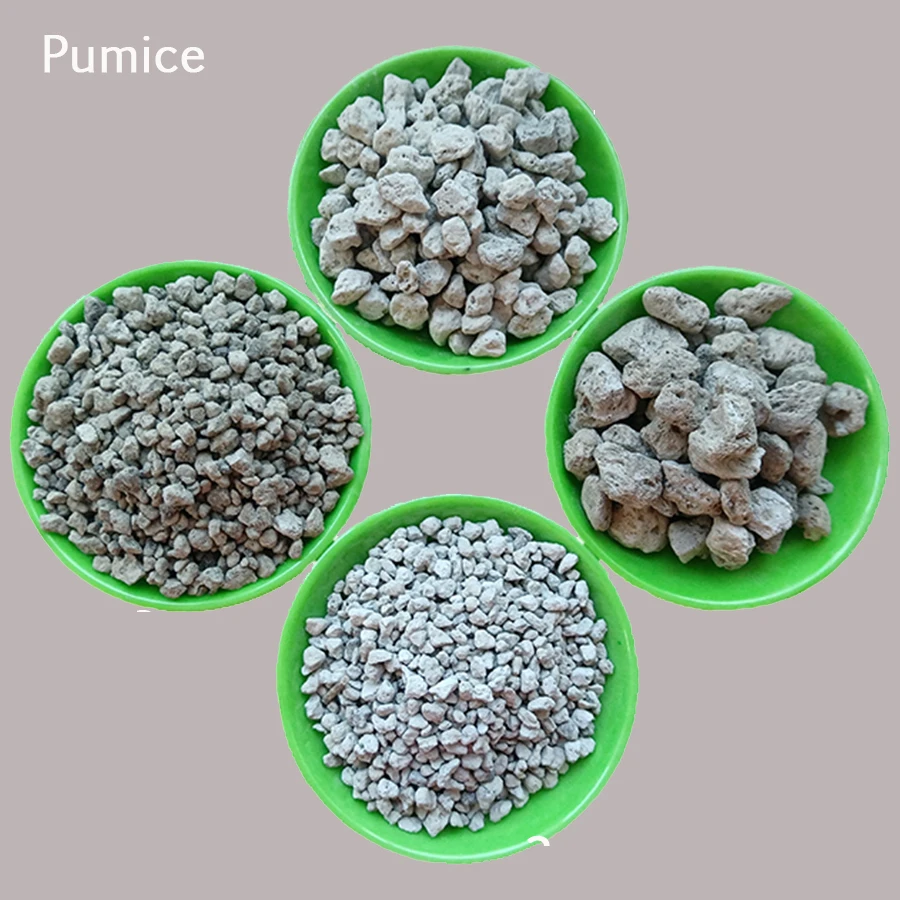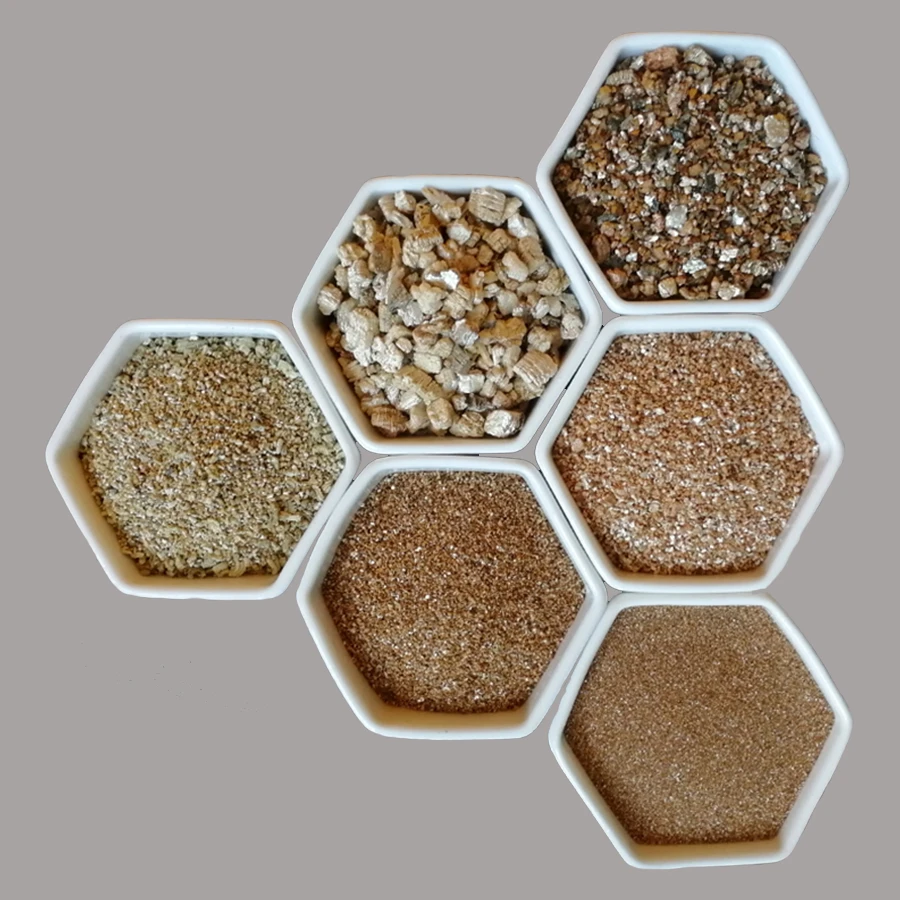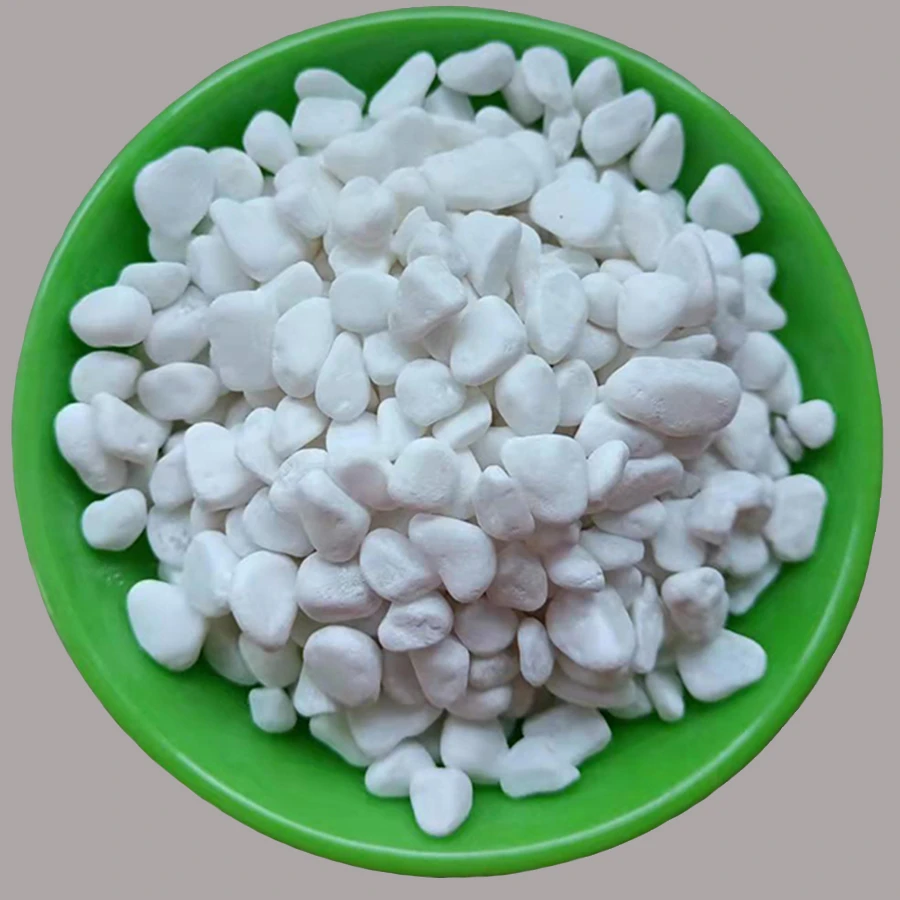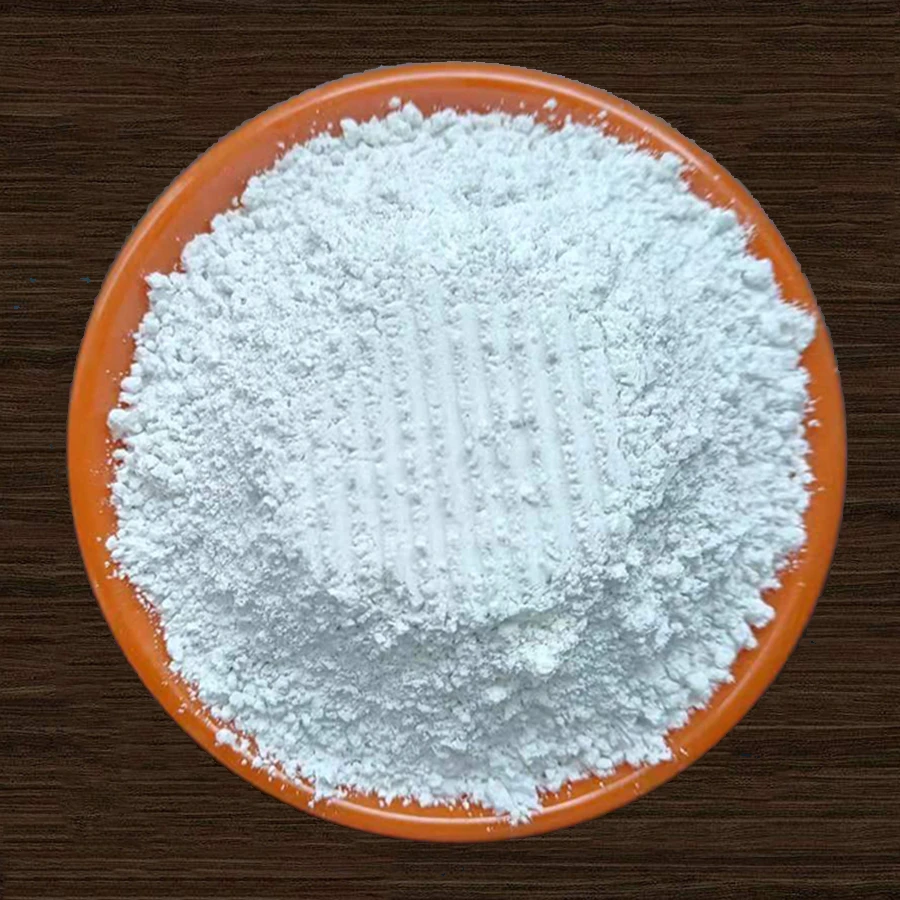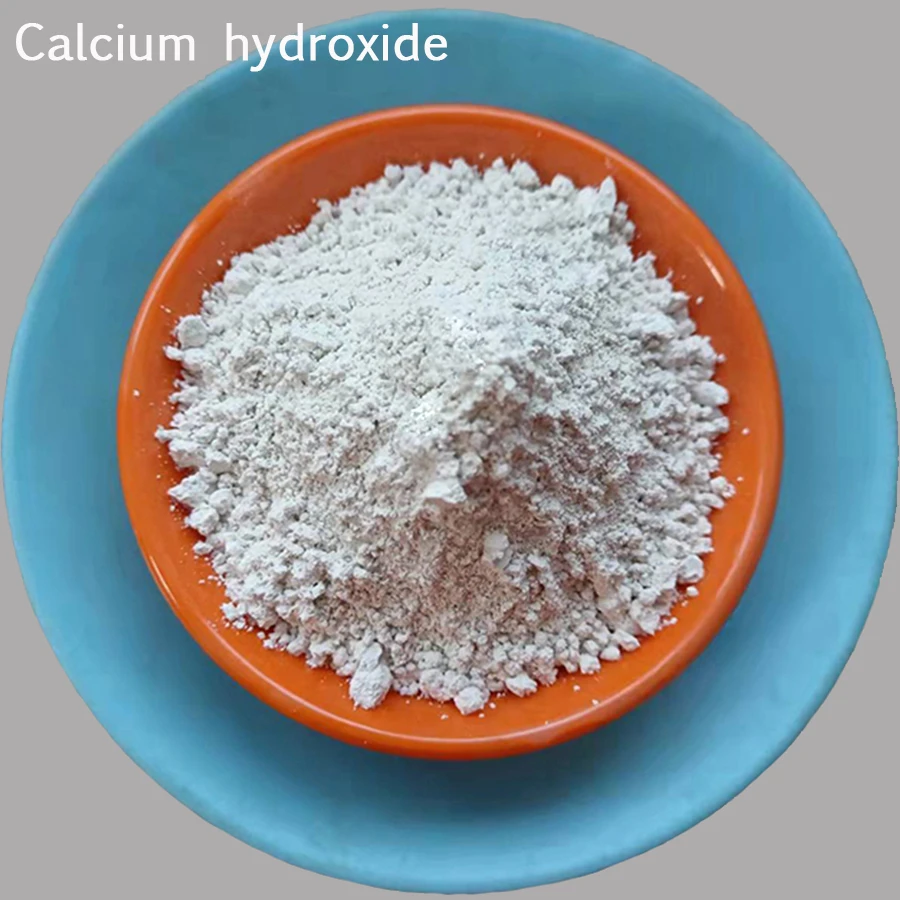
- Afrikaans
- Albanian
- Arabic
- Belarusian
- Bengali
- Czech
- Danish
- Dutch
- English
- Finnish
- French
- Galician
- German
- Greek
- Hebrew
- Hungarian
- Indonesian
- irish
- Italian
- Japanese
- Javanese
- kazakh
- Khmer
- Rwandese
- Korean
- Kyrgyz
- Lao
- Latin
- Latvian
- Lithuanian
- Malay
- Maltese
- Mongolian
- Myanmar
- Norwegian
- Persian
- Polish
- Portuguese
- Romanian
- Russian
- Serbian
- Slovak
- Spanish
- Swedish
- Tagalog
- Thai
- Turkish
- Ukrainian
- Vietnamese
- Welsh
What is Petroleum Coke?
Petroleum coke (or petcoke) is a byproduct of the petroleum refining process. It is produced during the cracking of heavy oils in refineries, a process where crude oil is heated to break down complex hydrocarbons into simpler, more useful products. The solid byproduct, petcoke, is rich in carbon, making it a valuable resource in various industries. It is generally categorized into two types: non-calcined petroleum coke and calcined petroleum coke.
Calcined Petroleum Coke vs. Non-Calcined Petroleum Coke
Non-calcined petroleum coke is primarily used as a fuel source in industries such as cement manufacturing and power generation. It is high in carbon content and burns efficiently. On the other hand, calcined petroleum coke is produced by heating petcoke to extremely high temperatures in a rotary kiln, removing volatile materials and increasing its carbon content. This calcined petroleum coke is used in more specialized applications, such as in aluminum production, as carbon anodes.
Production Process and Properties
The production of petroleum coke involves several steps at the refinery. After the oil is cracked, the coke is separated from the lighter byproducts. It is rich in carbon, usually making up 80-90% of its composition, with low sulfur and ash content, making it suitable for energy production and carbon-intensive applications. The calcined petroleum coke is further refined to achieve high purity, often over 99% carbon, making it ideal for high-end industrial use.
The Many Uses of Petroleum Coke in Modern Manufacturing
Petroleum Coke as a Fuel Source
One of the primary uses of petroleum coke is as a fuel source in industries such as cement manufacturing and power generation. Non-calcined petroleum coke is ideal for these applications due to its high carbon content and energy density. It is widely used in cement plants as an alternative to coal, providing a cost-effective and efficient fuel source. The petcoke fuel can burn at high temperatures, making it suitable for industrial furnaces and kilns.
Calcined Petroleum Coke in Industrial Applications
Calcined petroleum coke plays a vital role in several industrial processes. The calcined coke is primarily used in the aluminum industry as carbon anodes for the production of aluminum through the Hall-Héroult process. These anodes provide the necessary carbon for the electrolysis of aluminum oxide, producing aluminum metal. Calcined petroleum coke is also used in steel manufacturing, where it serves as a carbon source to improve the quality of steel.
Petroleum Coke in Cement and Other Industries
In addition to being a fuel source, petroleum coke is used in cement production, where it serves as a carbon-rich additive that enhances the production process. The calcined petroleum coke, in particular, is utilized for its ability to withstand high temperatures, contributing to the cement's durability. Petroleum coke is also used in the carbon black industry for the production of carbon black, a material used in tires, inks, and coatings.
Environmental Considerations and Handling
While petroleum coke offers significant advantages as a fuel source, it is important to manage it properly due to its environmental impact. Calcined petroleum coke and petroleum coke fuel may release sulfur dioxide (SO2) and other pollutants if not handled correctly. For this reason, refining processes and power plants using petroleum coke often employ emission control technologies to minimize environmental impact.
At Baifeng, we don’t just supply petroleum coke—we deliver performance. Whether you're sourcing calcined petroleum coke for aluminum smelting or seeking petcoke for cement kilns, our strict quality control, stable supply chain, and competitive pricing ensure you get material that meets your exact specifications. With years of experience in the carbon materials industry, Baifeng is committed to helping clients across the energy, metallurgy, and chemical sectors achieve greater efficiency and lower costs. Choose Baifeng—your trusted partner in high-quality petroleum coke solutions.
FAQs about Petroleum Coke/Calcined Petroleum Coke
Q1: What is the difference between petroleum coke and calcined petroleum coke?
A1: Petroleum coke is a byproduct of petroleum refining and is high in carbon content, used primarily as a fuel in industrial applications. Calcined petroleum coke, on the other hand, is produced by heating petcoke to high temperatures in a kiln, removing volatile substances and increasing its carbon content. Calcined petroleum coke is used in more specialized industrial processes such as aluminum production and steel manufacturing.
Q2: How is petroleum coke produced?
A2: Petroleum coke is produced during the refining process of crude oil. When heavy crude oil is cracked in a refinery, the resulting solid byproduct is petcoke. The petroleum coke can be further processed to create calcined petroleum coke by heating it to high temperatures in a rotary kiln to remove impurities and increase its carbon purity.
Q3: How much does petroleum coke cost?
A3: The price of petroleum coke and calcined petroleum coke varies based on factors such as market demand, processing costs, and quantity. Calcined petroleum coke generally commands a higher price due to its specialized applications. For an accurate quote, please contact us directly to discuss your needs and receive a customized pricing estimate.
Q4: Is petroleum coke environmentally friendly?
A4: Petroleum coke has a relatively high carbon content, which can contribute to carbon emissions when burned as a fuel. However, emission control technologies in refineries and power plants can reduce the environmental impact. Proper handling and use of petroleum coke are essential to minimize environmental harm.
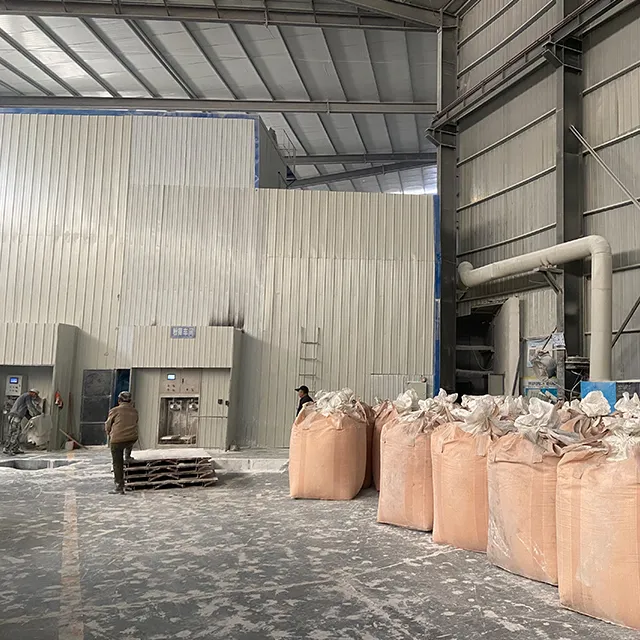 |
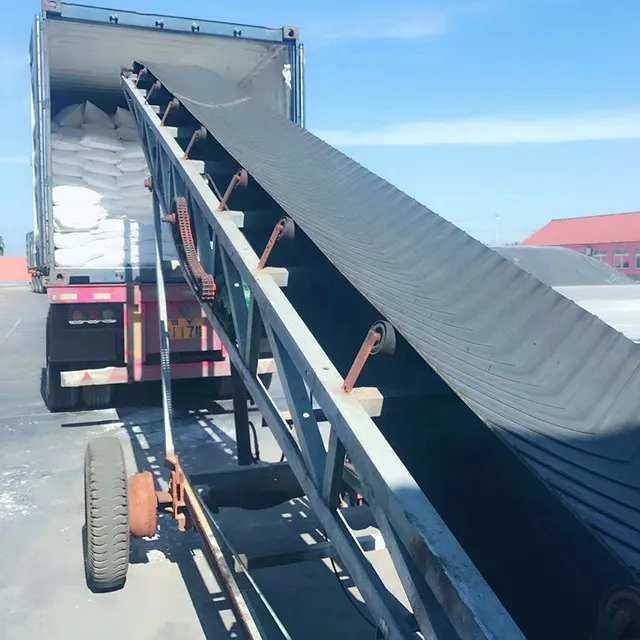 |
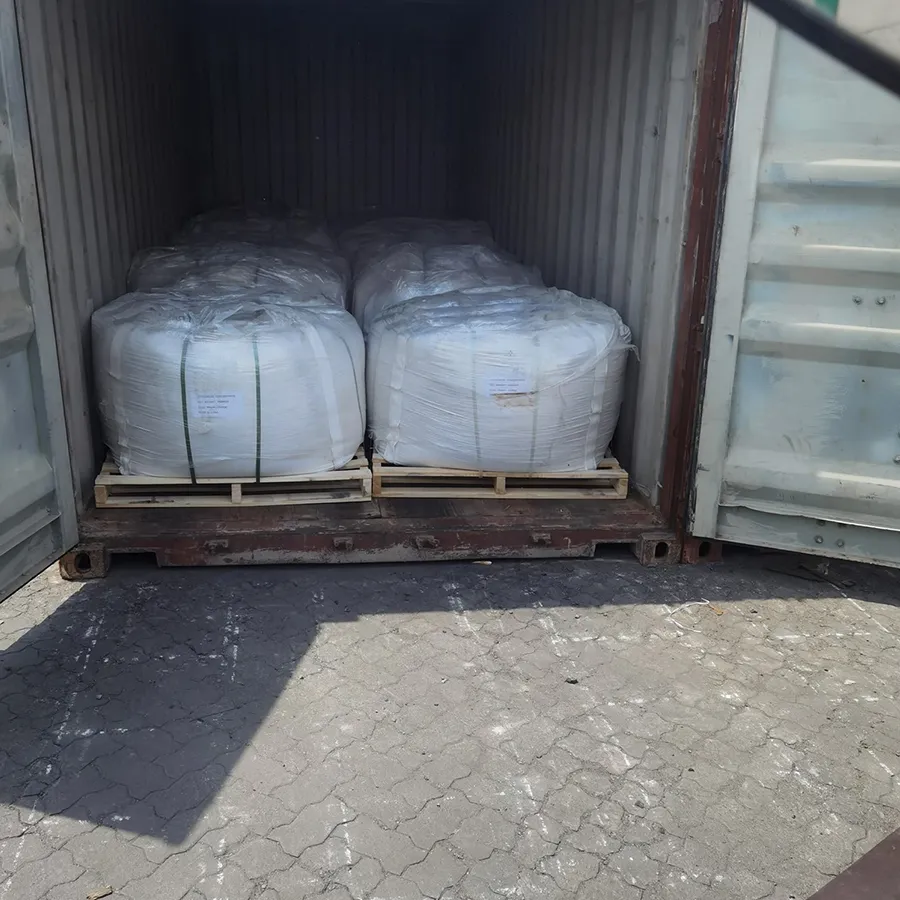 |
Related Products
The main products include mica,vermiculite,volcanic and stone products.


Related News




